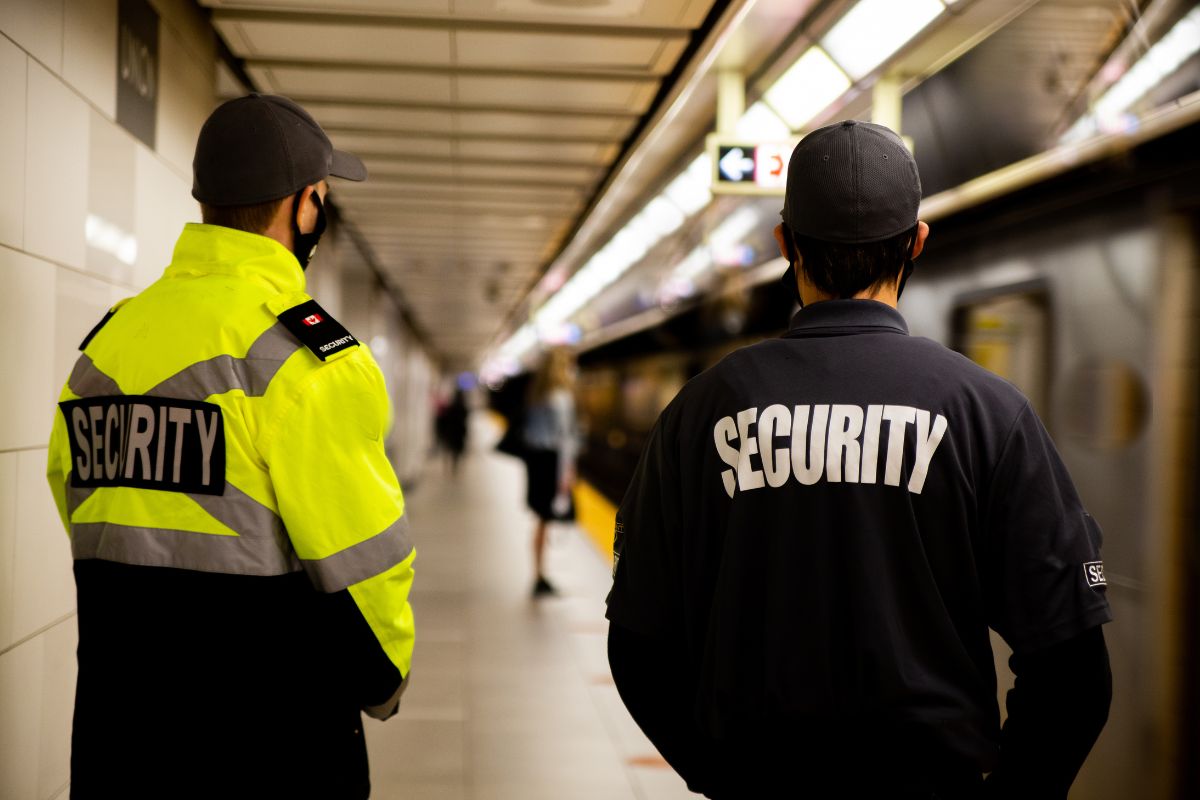How to Become a Security Guard in Australia
A career in security offers a dynamic work environment, diverse responsibilities, and a steady demand across various sectors in Australia. Whether in concierge roles, school security, or other specialized areas, security guards help maintain safe spaces. Here’s a comprehensive guide on how to pursue this career, covering everything from training requirements to licensing and skill development.
1. Understand the Responsibilities of a Security Guard
Security guards perform a variety of tasks based on their specific role and work environment. Duties typically include patrolling areas, monitoring security systems, and addressing unauthorized access. Specialized roles, like concierge security and school security, require a tailored approach and can involve additional responsibilities, such as customer service or working with students and staff.
2. Research State or Territory-Specific Requirements
Security licensing in Australia varies across states and territories. Each region has unique regulations for training, certification, and licensing. For instance, requirements in Victoria may differ from those in Queensland. Ensure that you’re familiar with the specific standards and procedures of the state where you intend to work.
3. Meet the Eligibility Criteria
Basic eligibility criteria to become a security guard in Australia include:
- Minimum Age: Candidates generally need to be at least 18 years old.
- Clean Criminal Record: A background check will assess any prior convictions.
- Physical Fitness: Physical fitness is essential, as the job may require extended periods of standing, walking, or responding quickly to incidents.
4. Complete the Required Training Course
The primary training requirement for aspiring security guards in Australia is the Certificate II in Security Operations. This program covers essential skills like:
- Managing security risks
- Conducting patrols
- Handling security systems
- Conflict resolution and communication Registered Training Organizations (RTOs) across Australia offer these programs, which are designed to prepare candidates with both practical skills and theoretical knowledge.
5. Obtain a Security License
Once the training is completed, you need to apply for a security license in your region. The application process usually involves:
- Submitting training certification and identification documents
- Passing background checks
- Paying the licensing fees You can refer to regional authorities, such as Victoria Police or Queensland’s Office of Fair Trading, to understand specific licensing processes.
6. Consider a Specialization
Some security guards opt for specialized roles. Specializations, such as school or corporate security, can require additional training or certifications and may offer more focused career paths. Different workplaces, such as those requiring school security services, might have unique demands and risks that specialized training prepares you for.
7. Develop Key Skills for Success
While training provides the foundational skills, several essential soft skills help security guards excel in their roles:
- Observation and Attention to Detail: To monitor surroundings effectively.
- Communication Skills: Clear communication with staff, clients, and the public is crucial.
- Conflict Resolution: Ability to de-escalate situations is vital in a security role.
- Customer Service: Many security roles, especially in concierge services, require a friendly approach with the public.
8. Apply for Entry-Level Positions
After obtaining your license, you’re ready to start applying for entry-level positions. Companies often seek licensed security guards for retail, events, or general building security. This hands-on experience is invaluable, helping you develop skills further and gain familiarity with various security environments.
9. Explore Different Work Environments
Security guards in Australia work in diverse settings, from retail spaces to educational institutions. Each environment presents unique challenges and requires tailored skills. For example, concierge roles prioritize customer interaction, while school security focuses on student safety and emergency management. Exploring various roles can help you find the best fit for your skills and interests.
10. Network and Build Industry Connections
Networking can be an effective way to discover job opportunities, particularly in the security industry. Joining professional security associations and attending industry events can help you stay informed about new regulations, available roles, and potential advancements.
11. Stay Updated with Professional Development
The security field is dynamic, with ongoing advancements in technology and procedures. Participating in continued education or refresher courses can keep you up-to-date with the latest security practices and improve your expertise in areas like surveillance technology, risk management, and emergency response.
12. Learn to Use Security Technology
Modern security relies heavily on technology, including surveillance systems, access control, and communication devices. Familiarity with these tools can enhance your effectiveness and open up opportunities in more specialized roles.
13. Advance Your Career with Additional Qualifications
Security guards seeking career growth may consider advanced training, such as the Certificate III in Security Operations or courses in risk management. These additional qualifications can open doors to supervisory or specialized roles, allowing you to take on greater responsibilities and increase your earning potential.
14. Maintain Physical and Mental Readiness
Security roles often require physical endurance and mental alertness. Regular physical fitness, stress management, and mental agility are vital to performing effectively in security jobs, especially those involving high-stress environments.
15. Find Support and Resources for Your Career Journey
Embarking on a career as a security guard requires guidance and resources. Many organizations, such as Security Guard Services Australia, offer information on security careers and services that can help you achieve your career goals.
Conclusion
Becoming a security guard in Australia involves meeting eligibility requirements, completing training, and obtaining a license. With the right qualifications and a commitment to personal and professional growth, you can find fulfilling opportunities in this essential field. For more information and resources on starting your journey, check out how to become a security guard in Australia.




